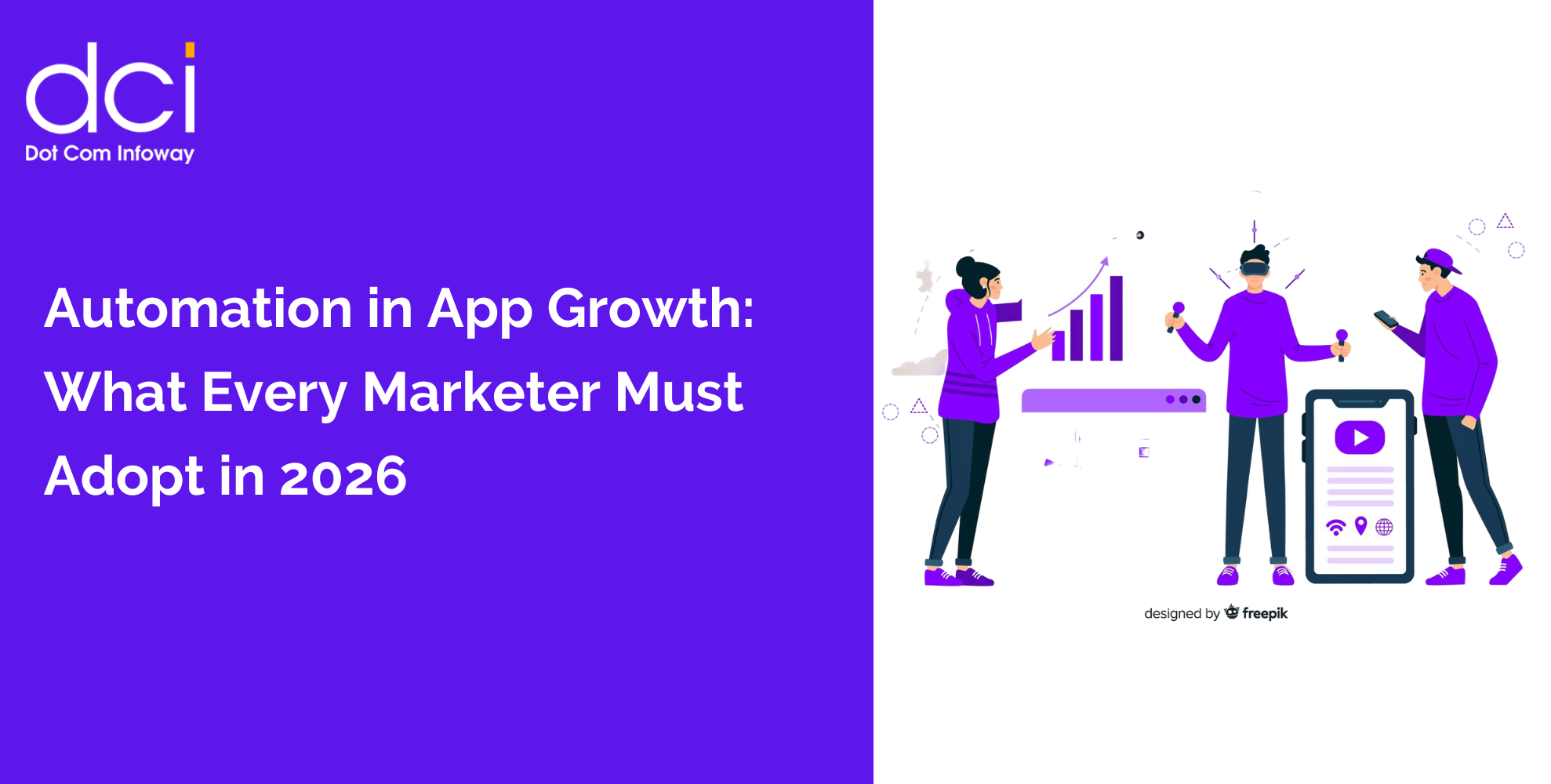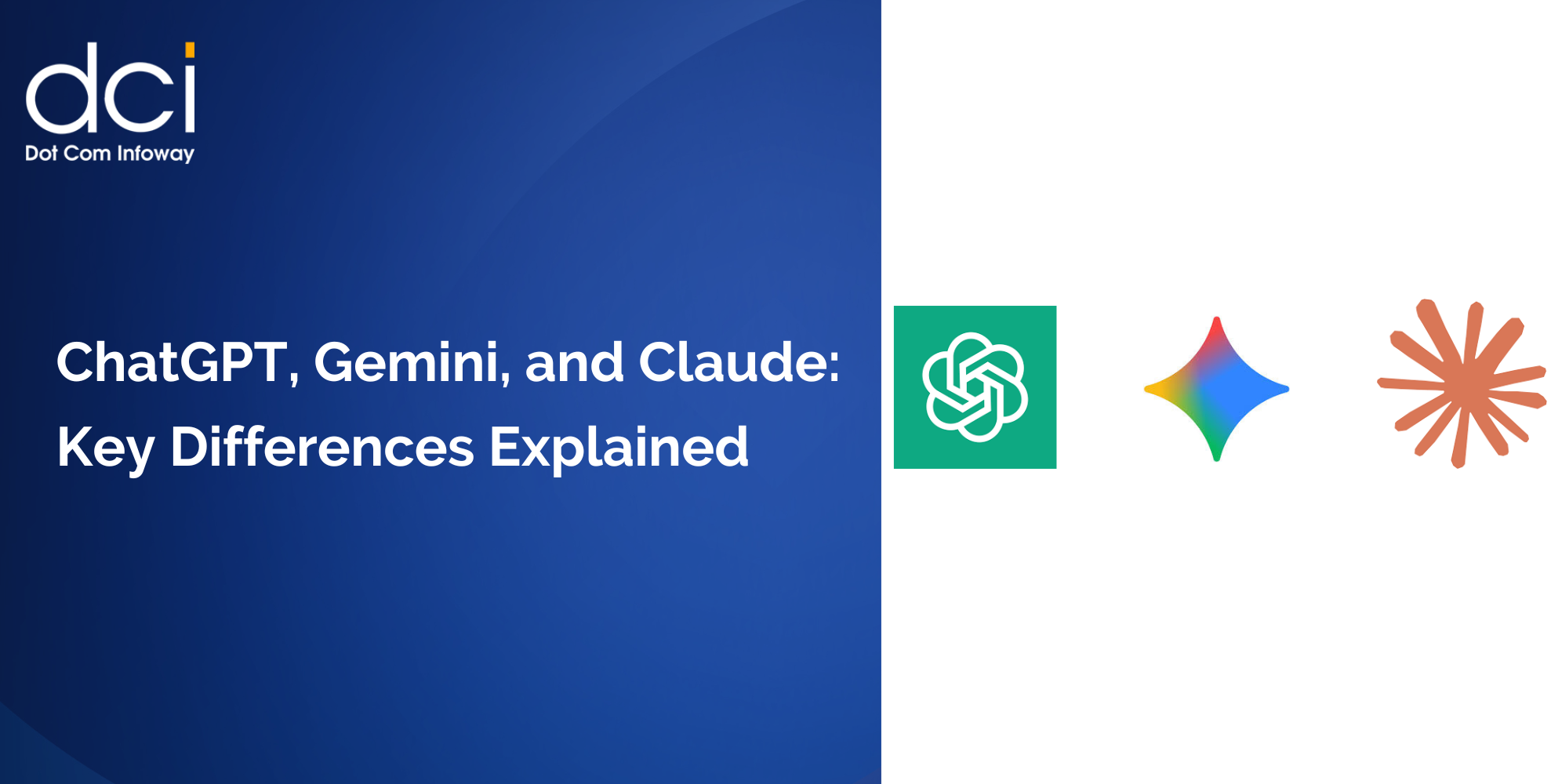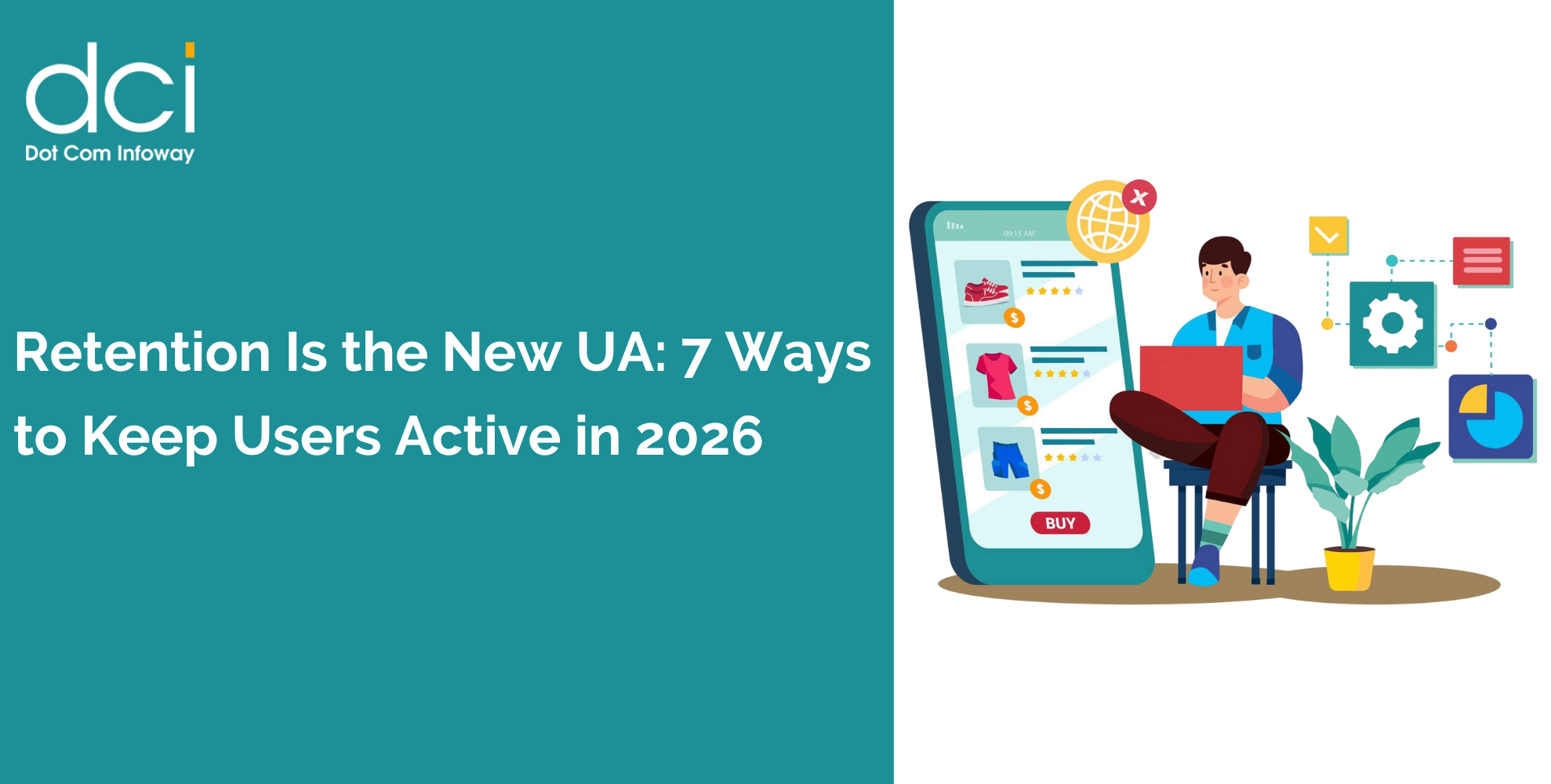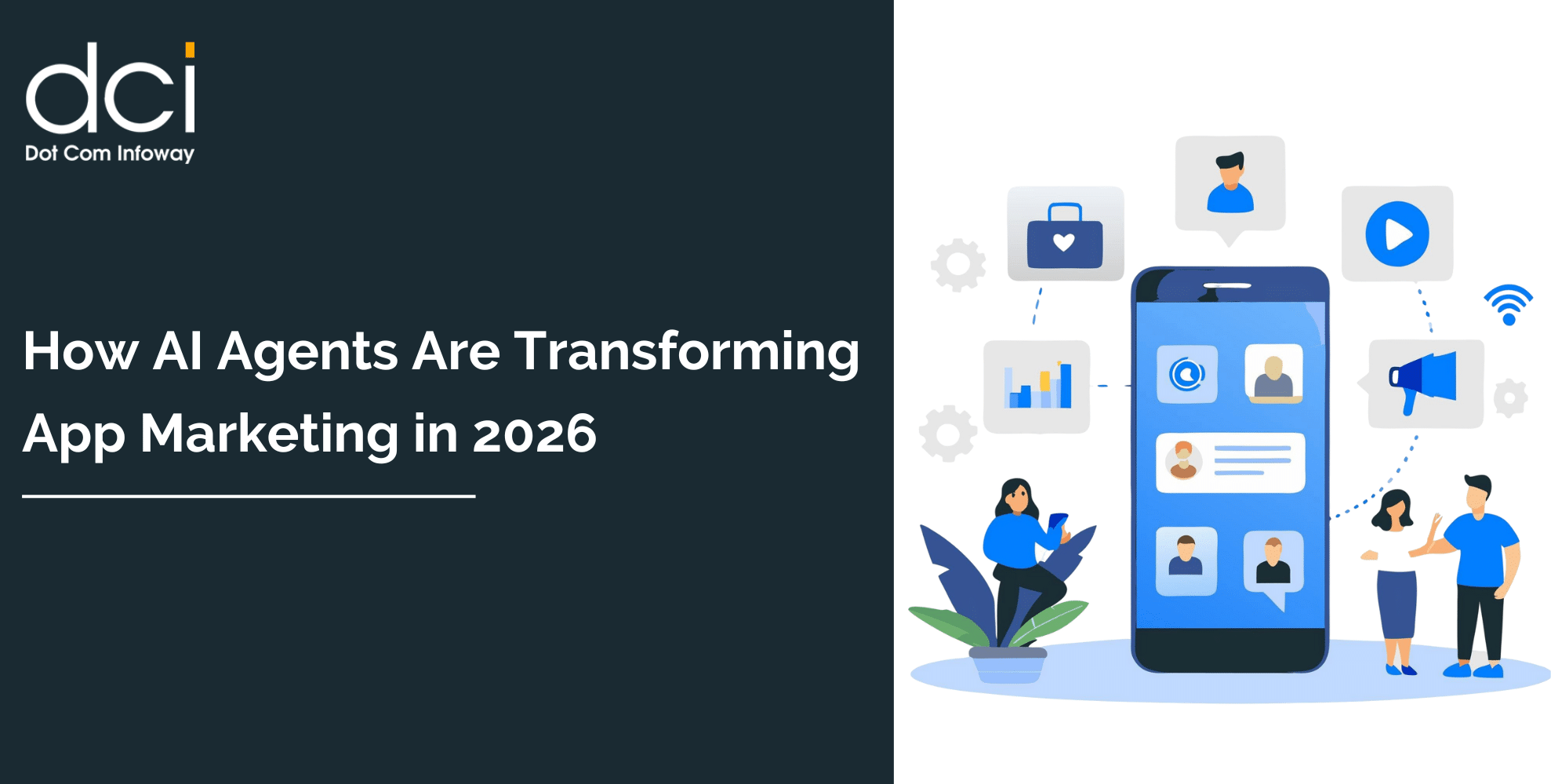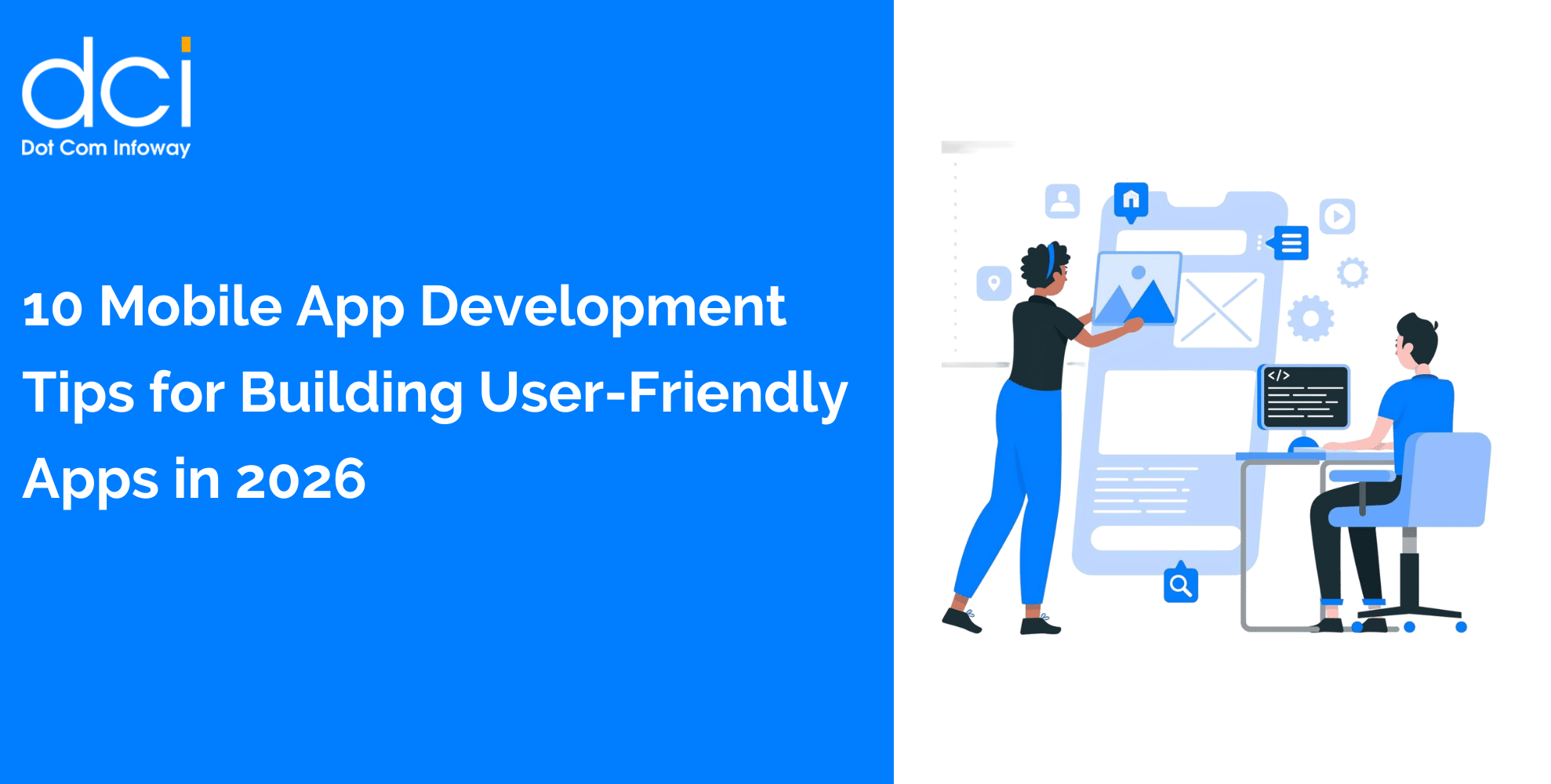6. Craft Keyword-Rich Descriptions That Convert
Your app description needs to serve dual purposes: ranking for relevant searches and converting browsers into downloaders. The key lies in natural keyword integration that enhances rather than interrupts readability.
Target 2-4 primary keywords throughout your description, but prioritize user experience over keyword density. Apps like Notion and Todoist excel at this balance, seamlessly weaving searchable terms into compelling feature descriptions.
7. Harness In-App Events for Ranking Boosts
Apple’s algorithm now indexes in-app events and evaluates their relevance to user search queries: a development that savvy developers are using to boost their App Store Ranking significantly.
By scheduling events like tournaments, sales, or special content releases with well-optimized keywords, you can directly contribute to your app’s discoverability. Gaming apps particularly benefit from this strategy, with titles like Clash Royale using themed events to maintain high visibility for competitive keywords.
8. Maintain Technical Excellence Through Regular Updates
App performance directly impacts user retention, which influences your App Store Ranking over time. Regular updates demonstrate to both Apple’s algorithm and users that your app remains actively maintained and improved.
Priority areas include:
- Bug fixes and crash prevention
- Loading time optimization
- Feature enhancements based on user feedback
- iOS compatibility updates
Apps that update regularly see 23% better ranking stability compared to those with infrequent updates, according to recent industry benchmarks.
9. Deploy Custom Product Pages for Targeted Audiences
Custom Product Pages (CPPs) represent an underutilized opportunity for improving App Store Ranking across different audience segments. Apple now allows CPPs to replace your default product page in organic search results for specific keywords.
This enables highly targeted app store optimization strategies where you can:
- Create pages optimized for different user demographics
- Test various value propositions
- Target niche keywords with specialized content
Netflix and Amazon Prime Video use this strategy effectively, creating distinct product pages for different content categories and user interests.
10. Monitor Performance Metrics for Continuous Optimization
Sustainable App Store Ranking success requires ongoing performance analysis. Access your app’s analytics through your Apple developer account to identify trends and optimization opportunities.
Key metrics to track include:
- User acquisition sources and quality
- Session duration and retention rates
- Feature usage and engagement patterns
- Geographic performance variations
Companies like Spotify use this data-driven approach to continuously refine their ASO strategy, maintaining top App Store Ranking positions across multiple markets and categories.
Advanced Strategies for Long-Term Success
Beyond these core tactics, consider pursuing industry awards and recognition programs. Third-party validation from reputable sources provides authoritative signals that can enhance your app’s credibility and visibility in search results.
Additionally, focus on building genuine user engagement rather than chasing vanity metrics. Apple’s algorithm increasingly prioritizes authentic user satisfaction over manipulated download numbers or fake reviews.
The Future of App Store Optimization
As AI-driven SEO strategies continue to evolve, achieving and maintaining a high App Store Ranking will depend on how effectively you adapt to new algorithmic priorities. The integration of generative engine optimization principles means that apps offering clear, structured, and user-focused information will gain greater visibility in AI-powered search results.
Ultimately, effective ASO isn’t about gaming the system, it’s about genuinely serving user needs while ensuring your app remains discoverable. The most successful apps blend strategic optimization with exceptional user experiences, creating a sustainable growth cycle that drives long-term success.
Whether you’re launching a new app or refining an existing one, applying these proven strategies will help you boost visibility, attract quality users, and increase downloads.
If you’re ready to elevate your app’s performance and dominate iOS search rankings, consider partnering with Dot Com Infoway’s Mobile App Marketing experts. Their comprehensive ASO and mobile marketing strategies can accelerate your app’s path to success in the competitive App Store landscape.

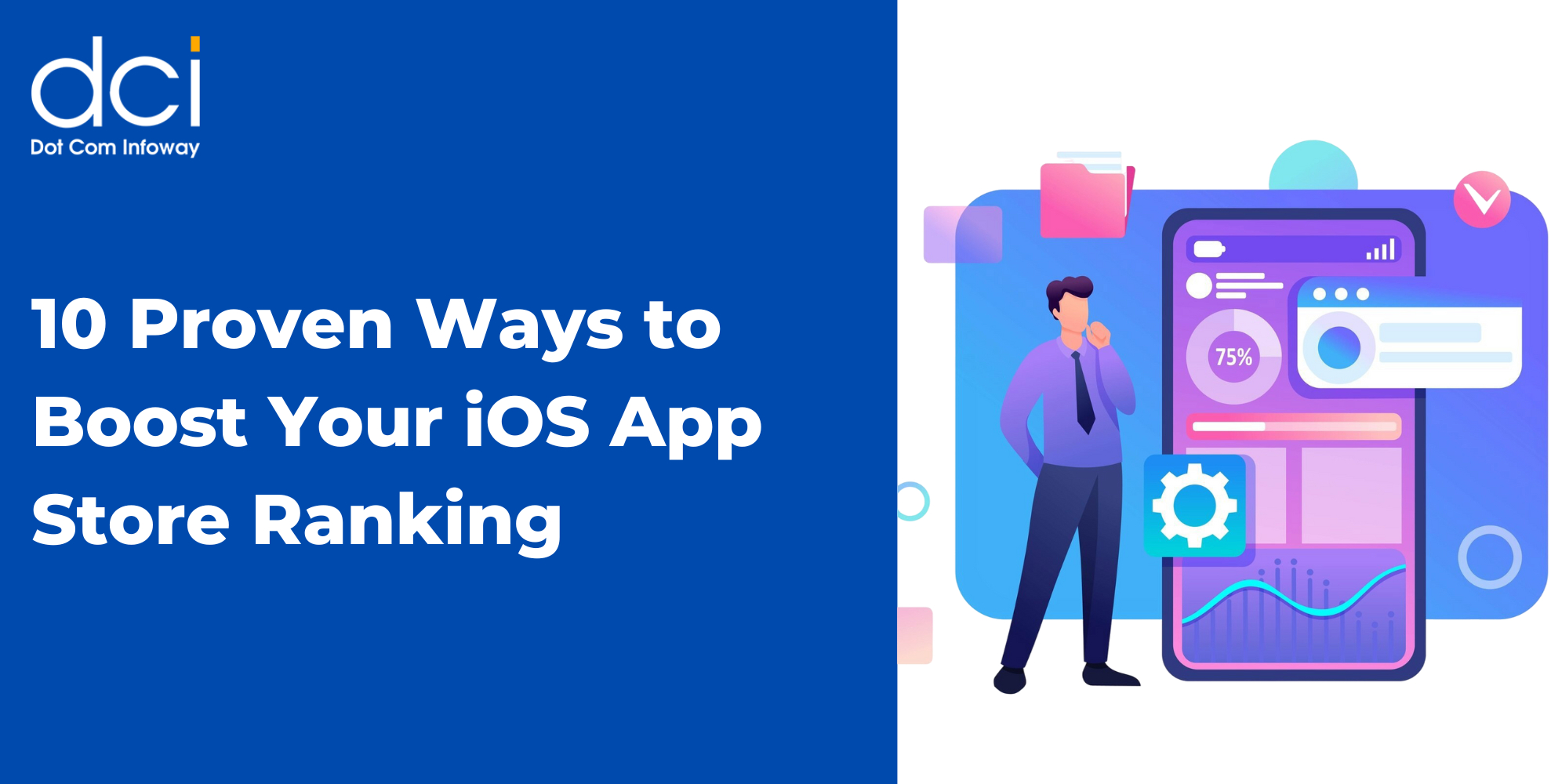





![The Game Marketing Guide: Pre and Post-Launch Strategies [Infographic]](https://www.dotcominfoway.com/wp-content/uploads/2023/09/DCI-Game-Marketing-blog-1.jpg)

